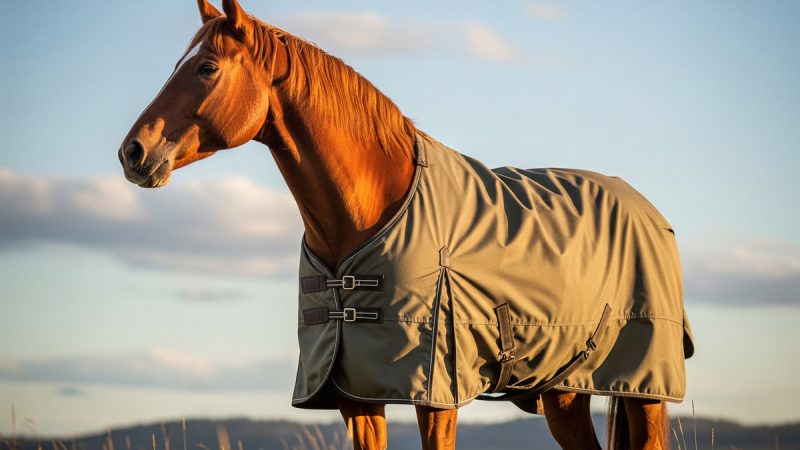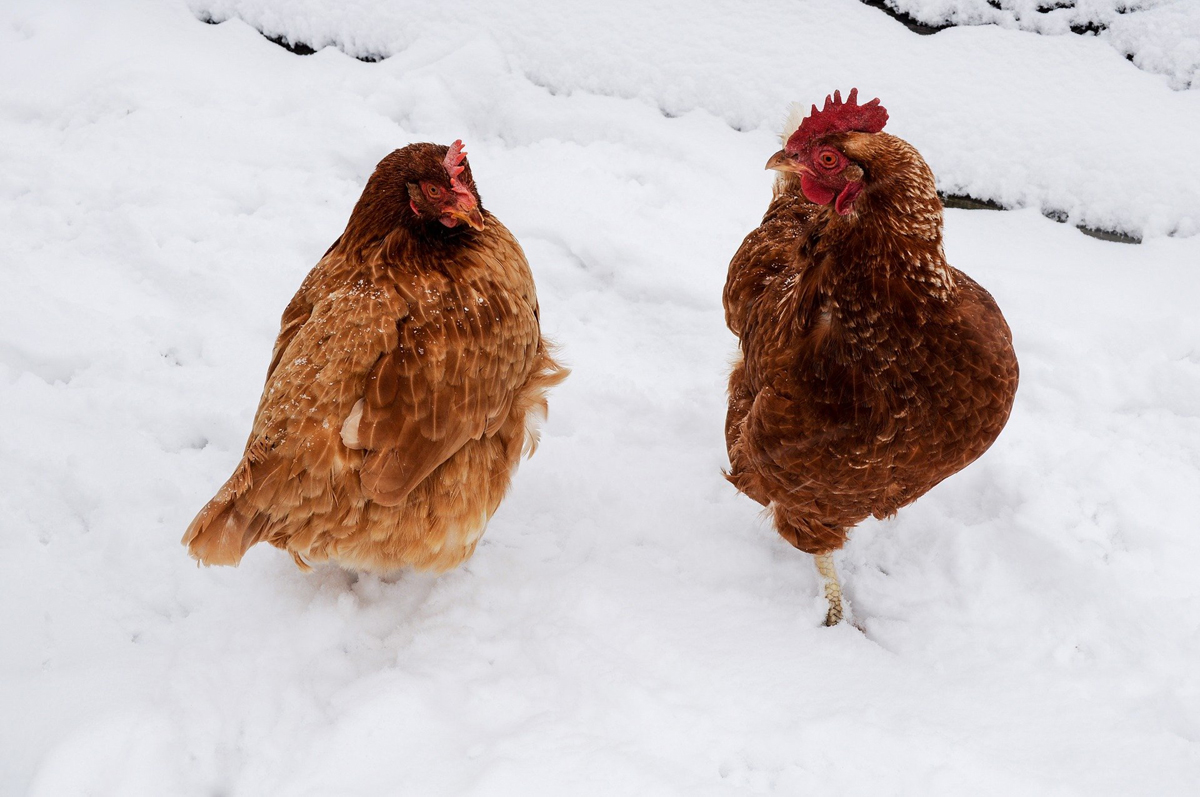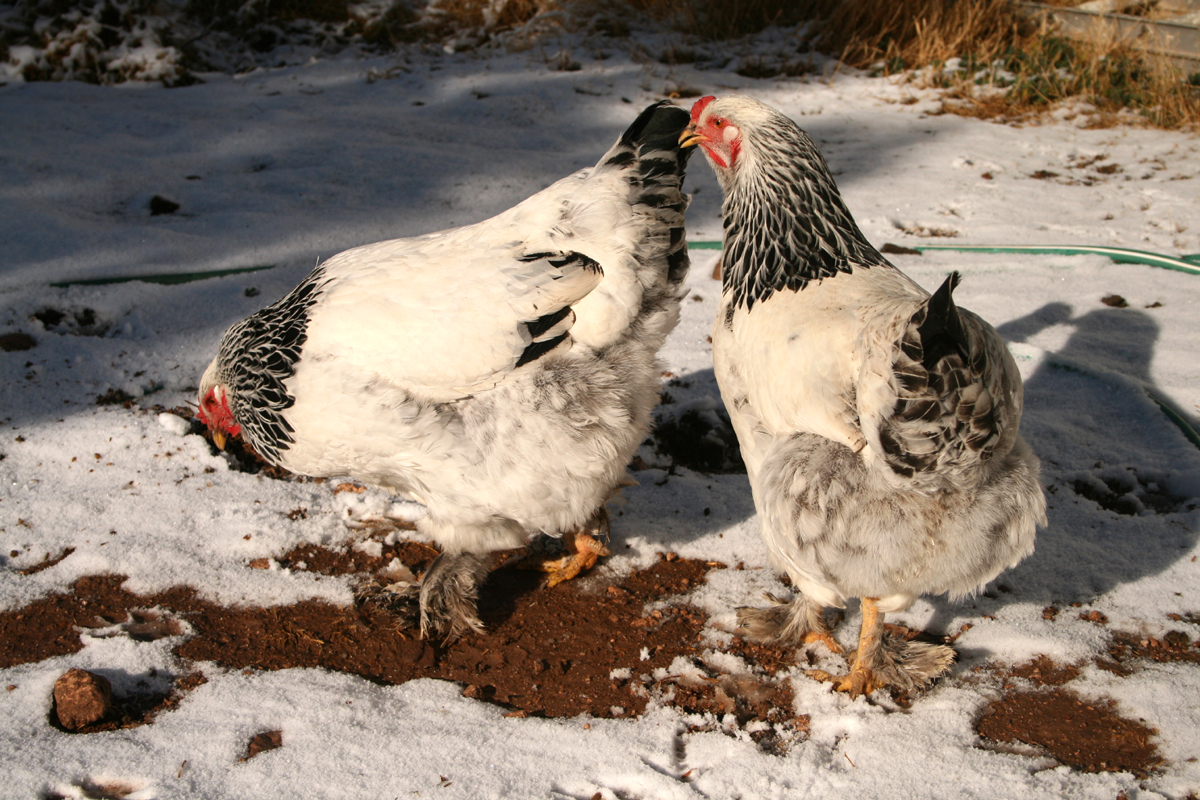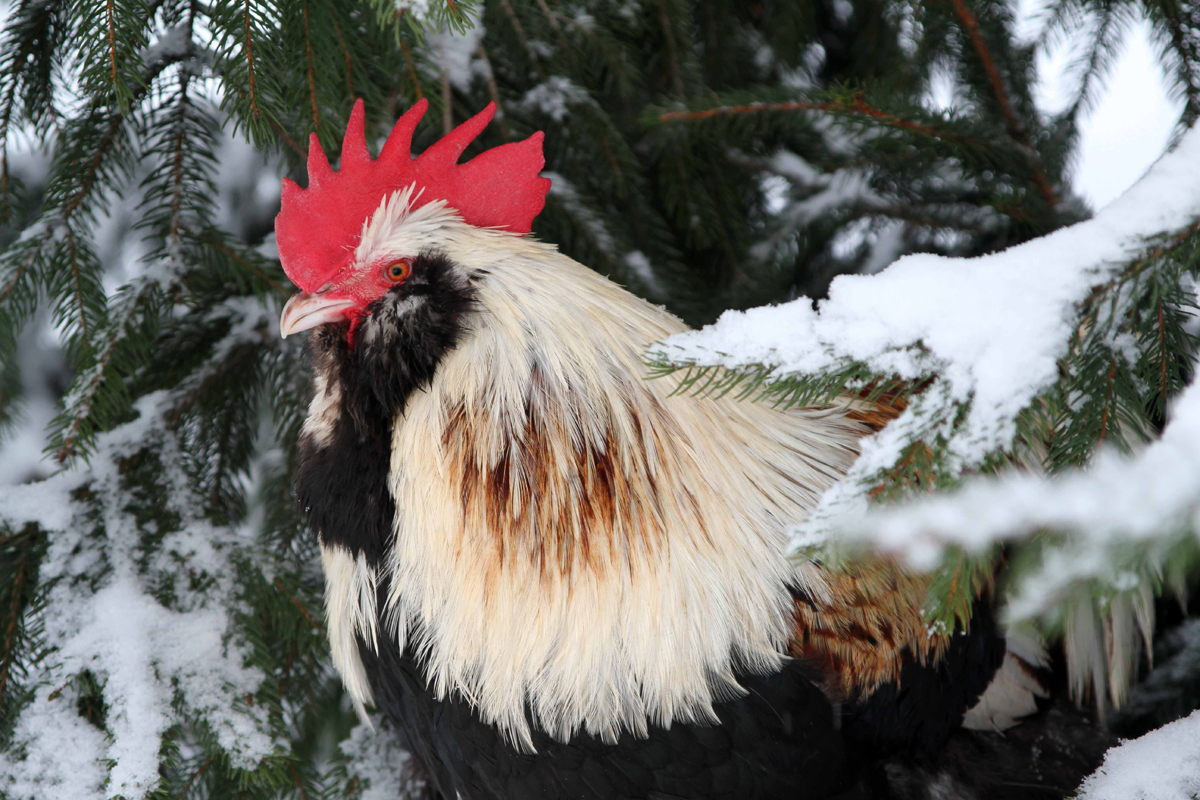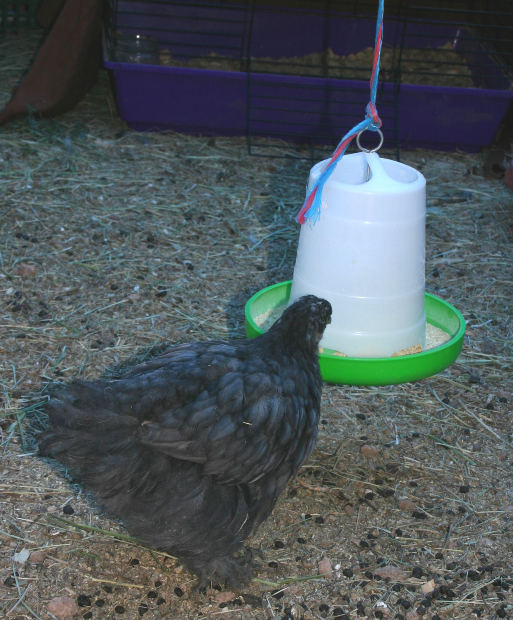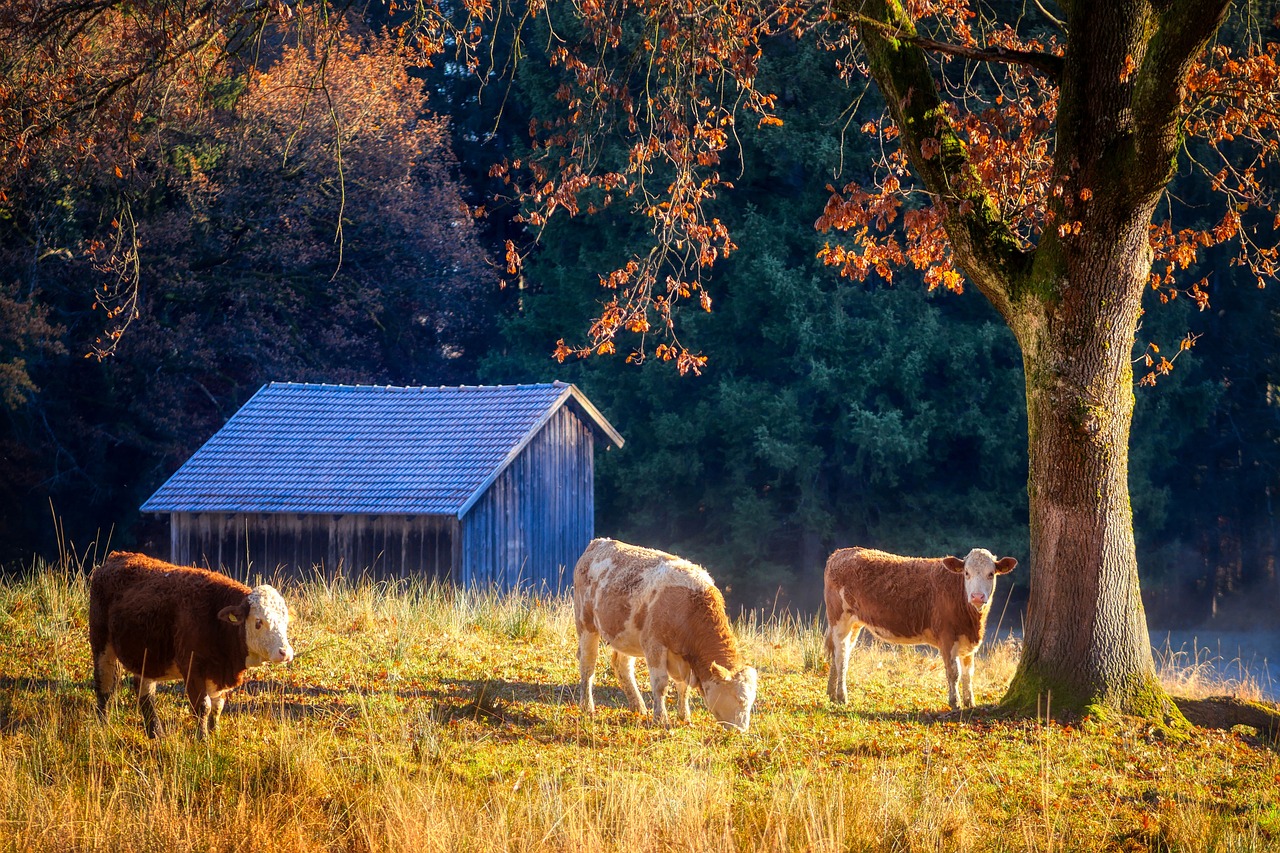How Weather Affects Your Chicken Runs and Coops
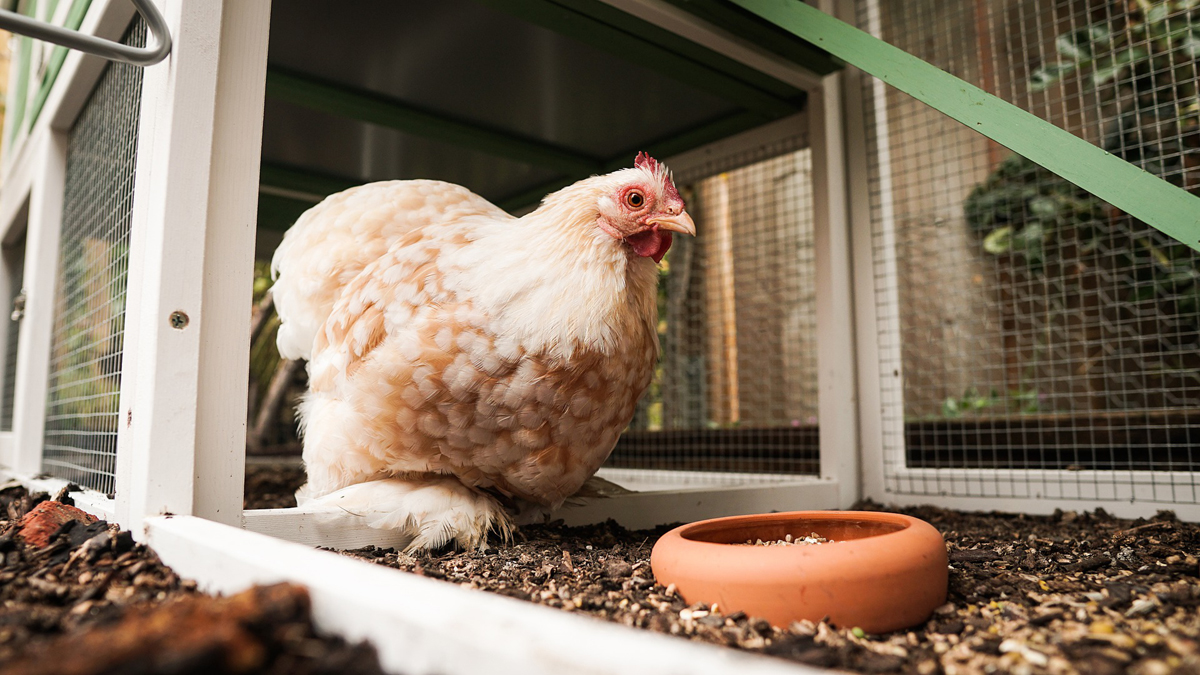
Weather can affect your chicken runs and coops in different parts of the world. How does the weather affect your chicken runs and coops? We will look at some of the different situations, conditions and recommend a few solutions in this article.
Desirable Climate
First of all let’s look at the most desirable weather condition and situation most chicken ranchers would prefer to have their chicken runs and coops located in. From the beginning of domesticated chicken ranching, the natural climate for chickens has been a warm climate. Sunny weather allows for chickens to be outside of the coop for extended daylight hours. The average recommended time for chickens to be in the chicken runs is from 12-16 hours a day to promote healthy egg production for most breeds in a natural environment. The extended hours allows for the chickens to feed, water, and exercise freely every day without the worry of extreme bad weather.
Rain
The rain affects different breeds in various ways. Some don’t mind the rain, some can’t be in the rain at all like the Orps. Make sure you install a few roosting boards in your chicken runs and coops because the chickens like to roost on 2″x4″ boards to get off the wet ground and cold surface. It has been said that chickens’ feathers protect them from the rain and it doesn’t bother them, but remember the different type of feathers that a chicken has as compared to a duck are two different surfaces with two different repellent surfactant properties one is greater than the other. To put it simply a duck floats a chicken sinks; water is not a chickens’ best friend in large quantities. I would also recommend easy access to your coop from your chicken run. Place a walk plank from the chicken runs and coops ends into the coop area for a quick entrance to the dry coop nesting boxes out of the rain.
Cold Weather
Cold weather brings some hazards you might not think about if you live in warm climate. For instance, standing rain puddles after a rain storm. Standing rain offers the opportunity for your chickens to drink water that can carry various forms of parasites. The parasites that will infect your chickens can cause your chickens to get sick and stop producing eggs. There are medications your veterinarian can provide you with to get rid of the problem but be aware of standing water in your chicken runs and coops. After a rain I would recommend removing standing water and filling the holes with additional dirt.
Weather and Egg Production
When fall rolls around, and daylight decreases, you will notice a reduction in your chickens’ egg production. When daylight decreases not only will your egg production decrease in some of your chickens, a few might start to molt if you don’t provide for artificial lighting in your coop. Your coop only needs a low-watt light source on a simple timer to give the chickens the light they require, 14 to16 hours per day. Remember maintaining your chicken runs and coops in cold, rainy weather can be simple but keep up your maintenance or you can run into health problems that will reduce egg production. I want to thank you for your interest in chicken runs and coops and I hope you enjoyed these few helpful tips for your chicken ranch.
The Author:
Hank Dodson has been building chicken coops and caring for chicken for decades.
Photo. Nikolaus Online


